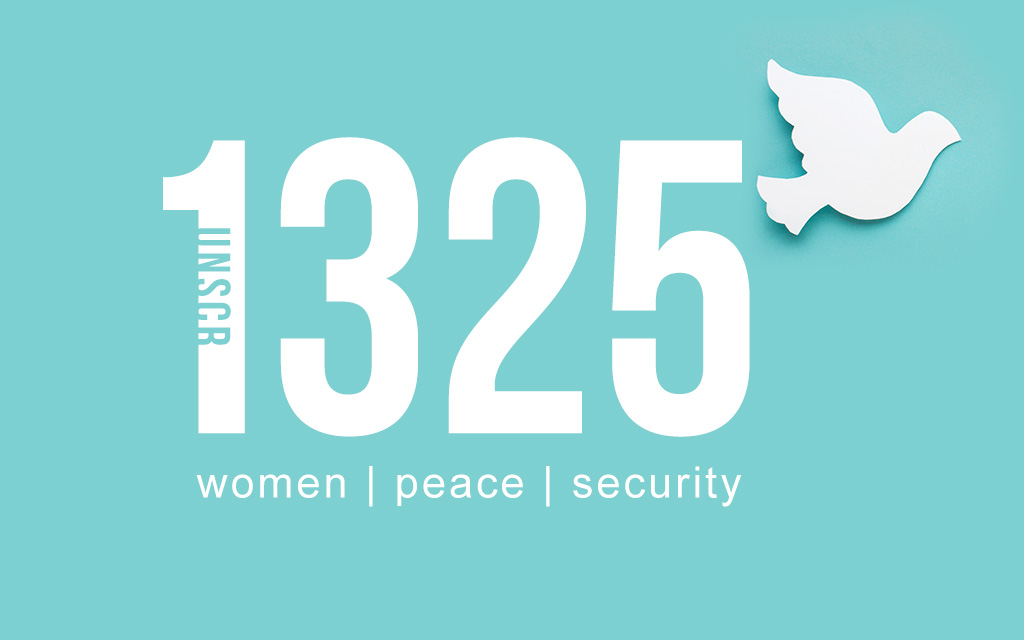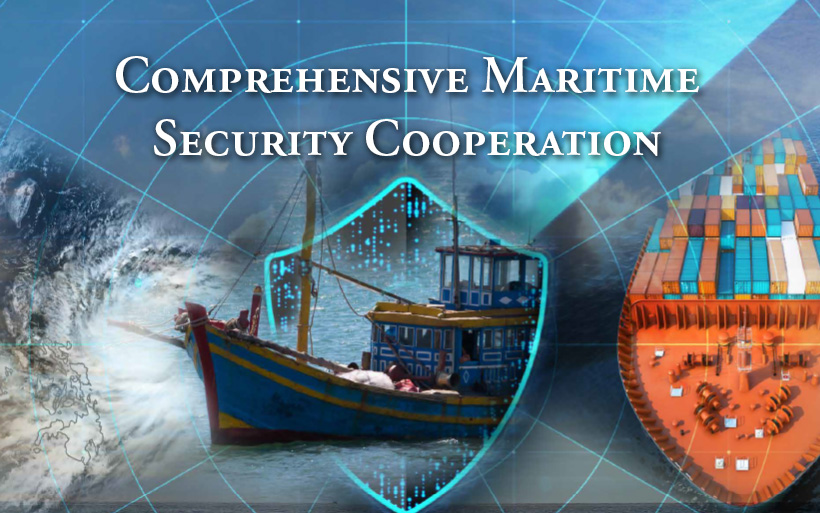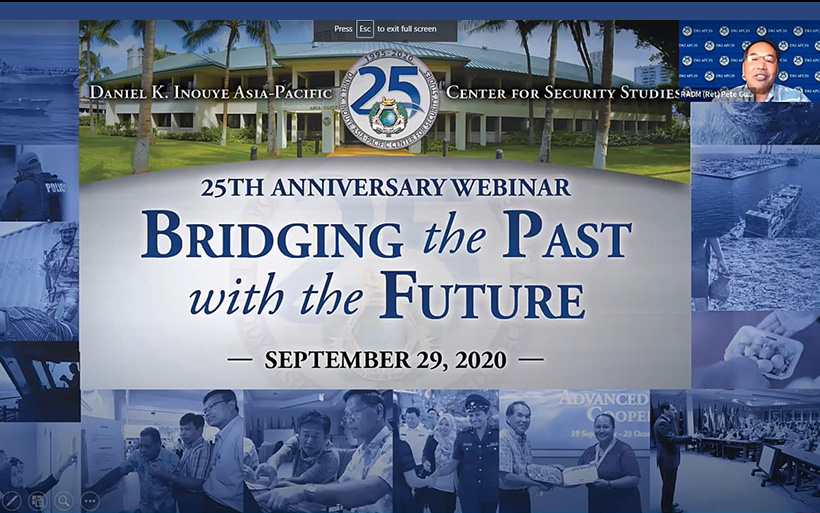The Education Agenda: Enabling Meaningful Participation of Women in Peace and Security
“The Education Agenda: Enabling Meaningful Participation of Women in Peace and Security” is the latest Security Nexus paper by Dr. Saira Yamin. This paper brings the importance of women's meaningful participation in building peace and security into sharp focus. Acknowledging global trends in security sectors where gender inclusion is steadily advancing, it calls for increased and dedicated efforts to build women's capacities. “Integrating education agendas in National Action Plans aligned with UNSCR 1325 (2000) on Women, Peace, and Security offers a way forward,” says Yamin in her paper. “Ideally, capacity-building efforts would focus on the following objectives: (i) Building a critical [...]















